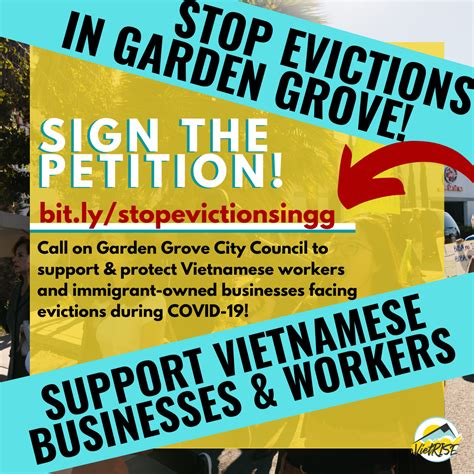Stop Eviction: Your Online Weapon
Facing eviction can feel overwhelming, but the internet offers powerful tools to fight back. This isn't a substitute for legal advice, but understanding how online resources can aid your fight is crucial. This article will equip you with the knowledge to navigate this challenging situation effectively.
What are my rights as a tenant?
This is the foundational question. Your rights vary significantly depending on your location (state, country), the type of rental agreement you have (lease, month-to-month), and the specific reasons for the eviction. Websites like the National Low Income Housing Coalition (NLIHC) and Legal Aid organizations in your area offer crucial resources to understand your local tenant laws. These websites often provide downloadable guides, fact sheets, and even links to find free or low-cost legal assistance. Searching "[Your State] tenant rights" on Google is a great starting point. Thoroughly understanding your rights is the first step in any effective defense.
How can I find legal assistance online?
Finding legal help is critical. While many online resources offer information, they cannot replace a lawyer’s advice. Several online platforms connect tenants with legal aid organizations or pro bono lawyers specializing in tenant rights. Many bar associations have referral services. Additionally, searching for "[Your City/County] legal aid tenant eviction" will often yield relevant results. Remember to carefully review any organization's credentials and client testimonials before engaging their services.
What information should I gather before contacting a lawyer?
Before reaching out to legal aid or a lawyer, gather crucial information. This includes:
- Your lease agreement: This document outlines your rights and responsibilities.
- Eviction notice: Take note of the date, the reason for eviction, and any deadlines.
- Proof of rent payment: Maintain detailed records of all rent payments, including dates and payment methods.
- Communication with your landlord: Keep copies of all emails, letters, and text messages.
- Photos/videos: Document the condition of your property, especially if there are issues that the landlord has failed to address.
Having this information organized will significantly expedite the legal process and demonstrate your proactive engagement.
Can online resources help me negotiate with my landlord?
Yes, absolutely. Websites offering sample letters for communicating with landlords can be valuable. These templates can help you articulate your concerns clearly and professionally. Remember to maintain a calm and respectful tone, even if you disagree with your landlord's actions. Good communication is often the first step towards a resolution. However, always consult with legal counsel before sending any important correspondence.
What are my options if my eviction is unjustified?
If you believe your eviction is unlawful, you have several options. These may include:
- Negotiation: Attempting to resolve the issue with your landlord directly.
- Mediation: A neutral third party facilitates communication and helps find a solution.
- Filing a lawsuit: If negotiations and mediation fail, you may need to file a lawsuit to challenge the eviction.
Remember that legal procedures vary significantly by location. Online resources can provide general information, but consulting with a lawyer is crucial for personalized guidance.
How can I find resources specific to my situation?
The key is targeted searching. Instead of general searches, try more specific queries like: "[Your State] eviction defense wrongful eviction," or "[Your City] tenant rights illegal eviction." Be as precise as possible in your search terms to obtain the most relevant results.
The internet provides invaluable tools to navigate eviction proceedings. However, it's crucial to supplement online resources with professional legal advice. This article serves as a starting point, empowering you to take proactive steps in protecting your housing rights. Remember, seeking legal assistance is paramount. Don't hesitate to reach out to legal aid organizations or attorneys specializing in tenant rights. Your housing security deserves the best possible defense.

